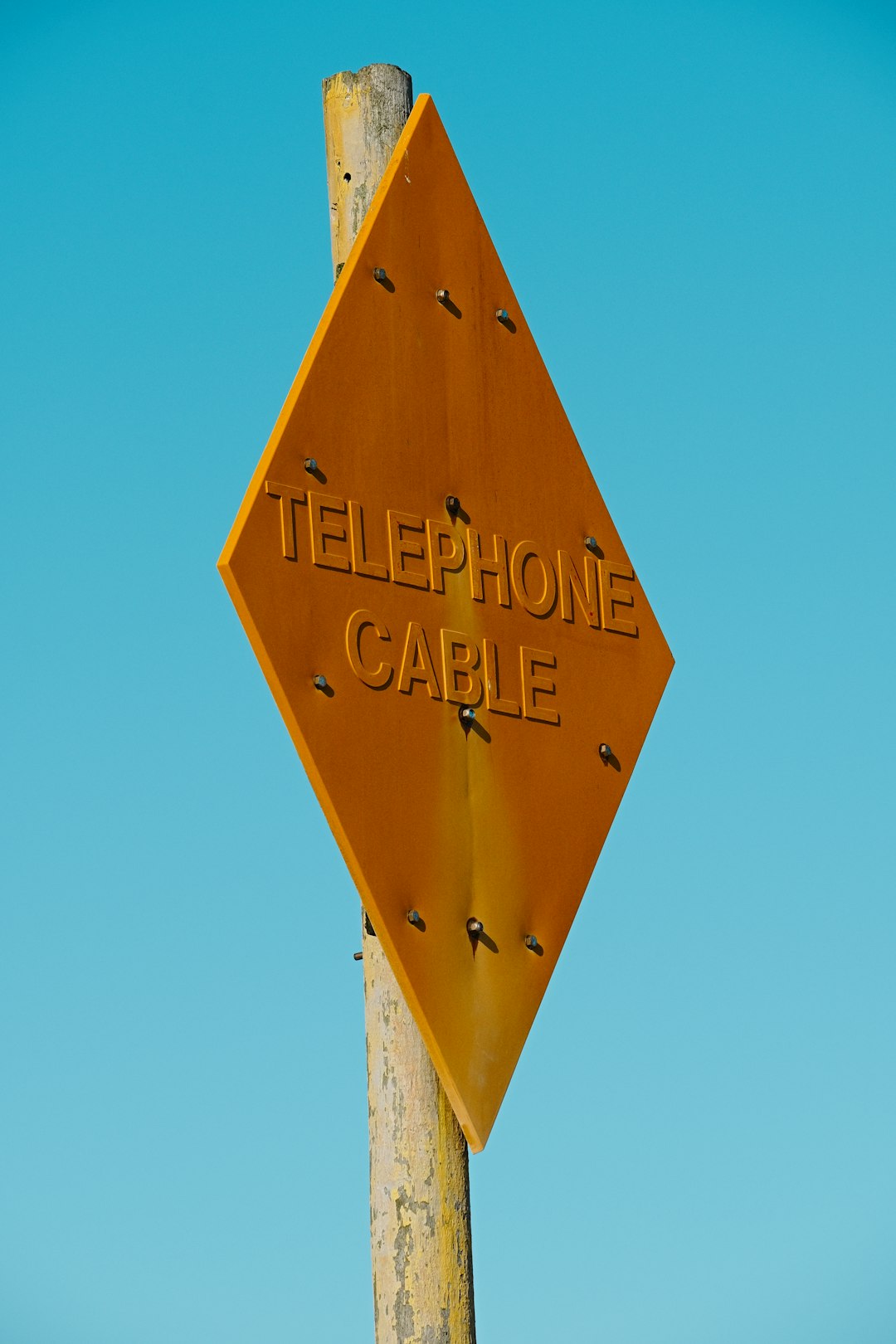Maine's stringent anti-spam laws protect consumers from unwanted text messages, prioritizing communication preferences and privacy. The core regulation is the Do Not Call list, enabling residents to opt-out of promotional texts from law firms and businesses. Violations include bulk messaging, deceptive content, and lack of opt-out mechanisms, with aggressive marketing tactics particularly problematic in the digital era. Consumers can block or report spam directly, fostering a fair business environment where companies respect privacy and choices. Strict penalties and legal avenues for consumers ensure compliance with Maine's Do Not Call law firms regulations.
In Maine, consumer protection against spam text messages is enforced through the state’s Anti-Spam Laws, designed to safeguard residents from unwanted and intrusive marketing. This article delves into the intricacies of Maine’s do-not-call regulations, clarifying what constitutes spam text and empowering consumers with their rights. We explore the role of enforcement agencies, the penalties for violations, and the importance of respecting consumer choices by honoring do-not-call lists. Protecting Mainers from spam starts with understanding these crucial laws. For legal advice, consult a local Do Not Call law firm specializing in Maine consumer rights.
Understanding Maine's Anti-Spam Laws

Maine has stringent laws in place to protect consumers from unwanted spam text messages, also known as unsolicited commercial texts or SMS. These laws are designed to give residents control over their communication preferences and safeguard them from intrusive marketing practices. At the heart of these regulations is the Do Not Call list, which allows individuals to opt-out of receiving promotional texts from businesses.
Under Maine’s anti-spam laws, companies and marketers must obtain explicit consent from recipients before sending any text messages for commercial purposes. This means that if a consumer has not voluntarily provided their phone number to a business or signed up for text alerts, they have the right to refuse receipt of such messages. By adhering to these rules, businesses can avoid penalties and maintain a positive relationship with their customers, ensuring compliance with Maine’s Do Not Call laws while respecting individual privacy choices.
What Counts as Spam Text?

Spam text, a ubiquitous and often annoying digital phenomenon, is defined by the Federal Trade Commission (FTC) as unsolicited texts that promote goods or services. In the context of Maine consumer rights, this includes messages from law firms or any other entity attempting to sell products or services without prior consent. Such texts are considered violations if they are sent in bulk, use deceptive language, or fail to provide a clear opt-out option for recipients.
Do Not Call laws specifically extend to text messaging, giving Maine consumers the right to refuse unsolicited messages from law firms and other businesses. Any text that promotes legal services or engages in aggressive marketing tactics to lure clients can be considered spam. This is particularly relevant in today’s digital age where such messages often flood individuals’ phones, posing a significant nuisance and potential privacy invasion.
Consumer Rights and Protections

In Maine, consumer rights are protected against unsolicited text messages, often referred to as spam. The state has implemented laws that give residents the power to opt-out of receiving such messages from businesses and telemarketers. According to these regulations, companies must obtain explicit consent before sending promotional texts, and individuals can easily register on “Do Not Call” lists specific to Maine to prevent further communication. This right is crucial in ensuring peace of mind and minimizing unwanted interruptions.
Consumers have the option to block or report spam text messages directly to their service providers. By asserting these rights, residents of Maine can protect themselves from unsolicited advertising and maintain control over their personal communication channels. Such measures not only safeguard privacy but also foster a fair business environment where companies respect consumer choices.
Enforcing Do Not Call Lists

In Maine, consumer protection laws, including the Do Not Call list, are crucial in combating unwanted spam text messages from law firms and other businesses. Individuals who wish to opt-out of receiving marketing texts can register their numbers with the state’s designated Do Not Call registry. This simple step ensures that their mobile devices remain free from unsolicited legal promotions.
Enforcing these lists is a collaborative effort between state agencies and individual consumers. Maine’s attorney general’s office plays a vital role in monitoring compliance, investigating complaints, and taking legal action against firms violating the Do Not Call law. Consumers are encouraged to report any persistent spam text messages from law firms by providing evidence of the unsolicited communications, thereby contributing to a more robust enforcement mechanism.
Penalties for Violations

In Maine, violations of spam text laws can result in significant penalties for offenders. The state’s consumer protection laws are designed to safeguard residents from unsolicited and unwanted text messages, often referred to as spam. If a business or individual violates these regulations by sending unauthorized text messages, they may face substantial fines. These penalties can include monetary compensation for each violation, with amounts determined based on the severity of the offense.
Moreover, affected consumers have the right to seek legal recourse. They can file complaints with the Maine Attorney General’s Office and even pursue legal action against the offending party. The state’s “Do Not Call” registry plays a crucial role in this process, allowing residents to opt-out of receiving marketing texts. By registering their phone numbers, Mainers can prevent spam text messages and hold violators accountable for their actions under the law.






